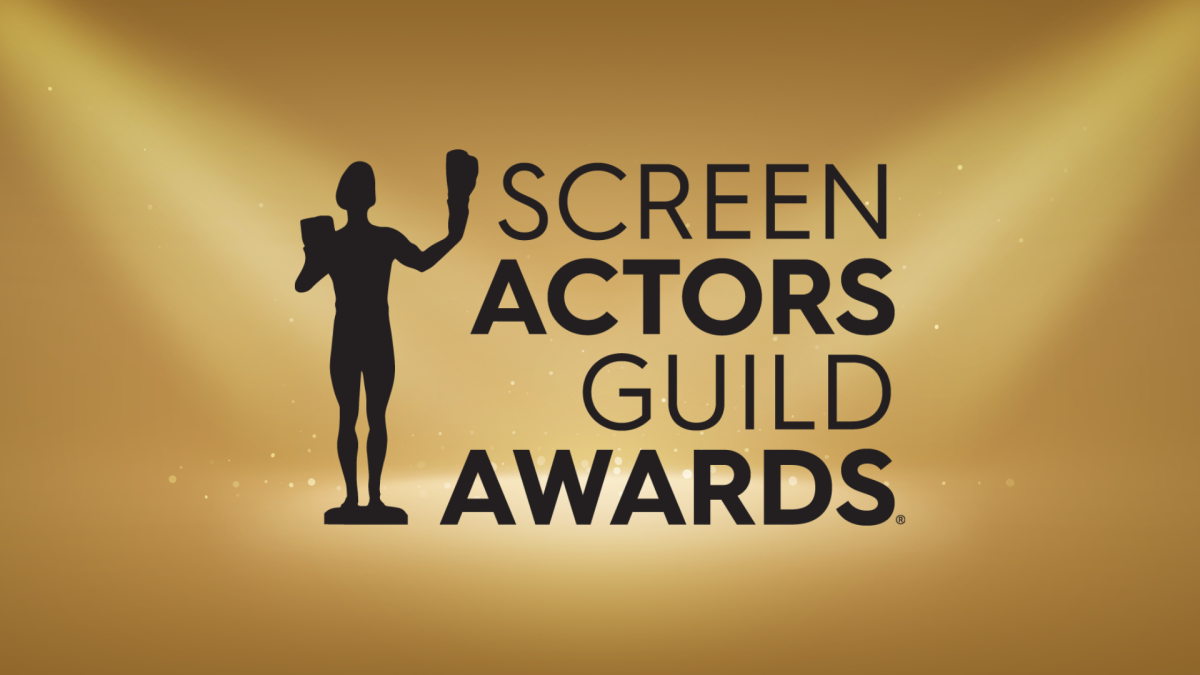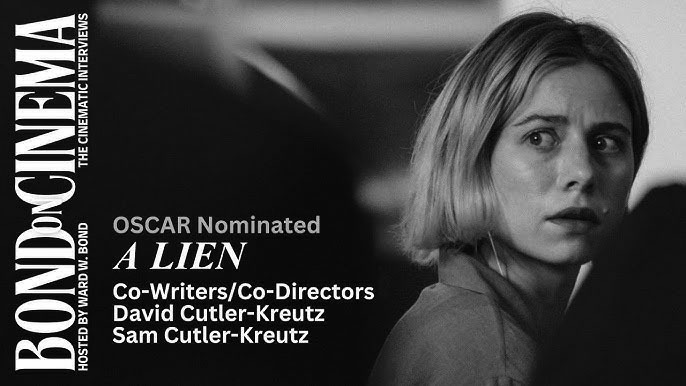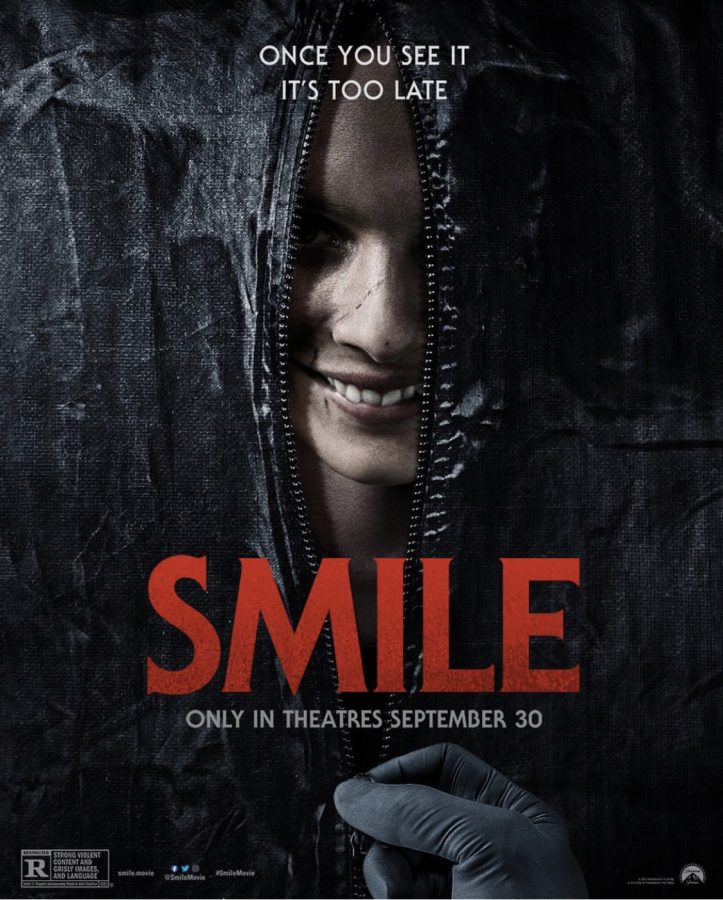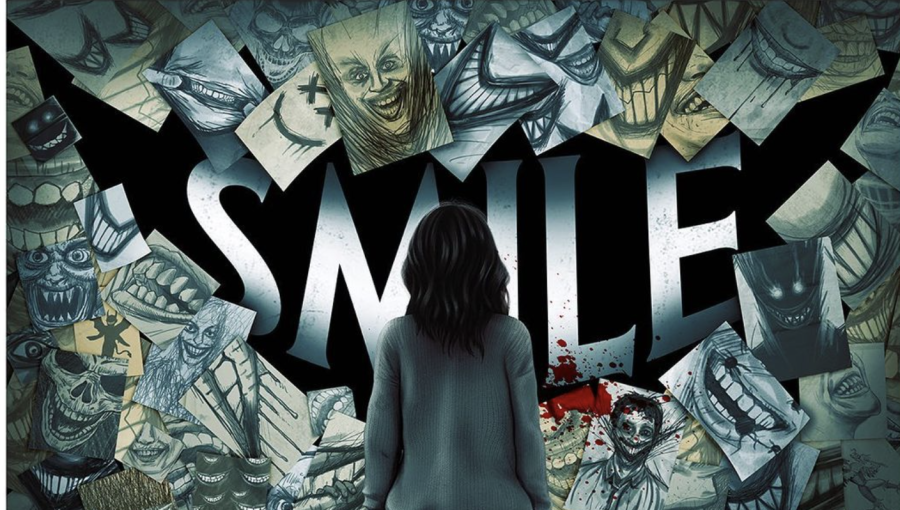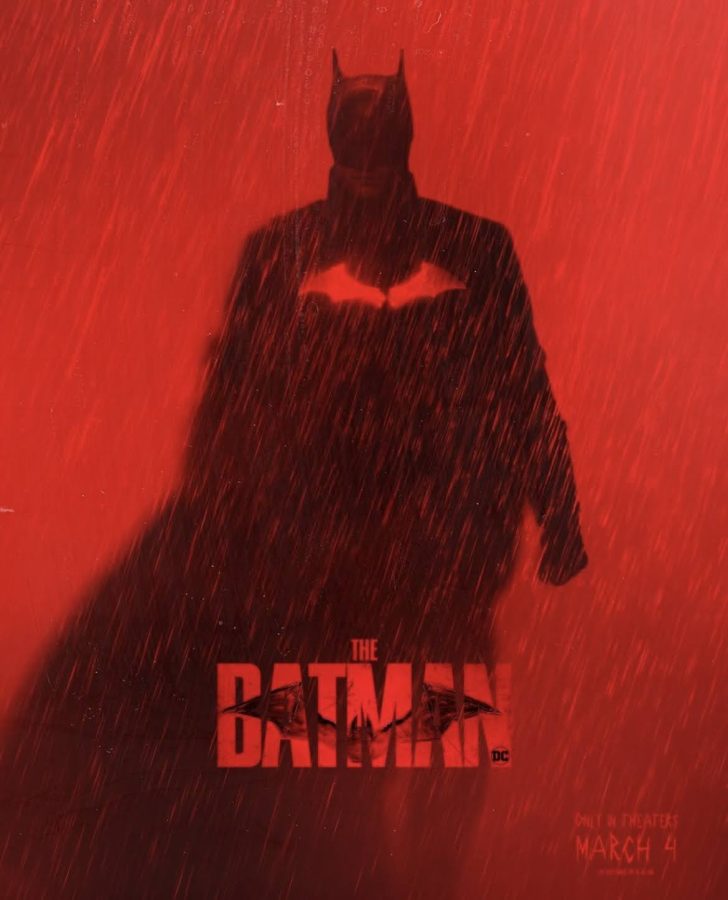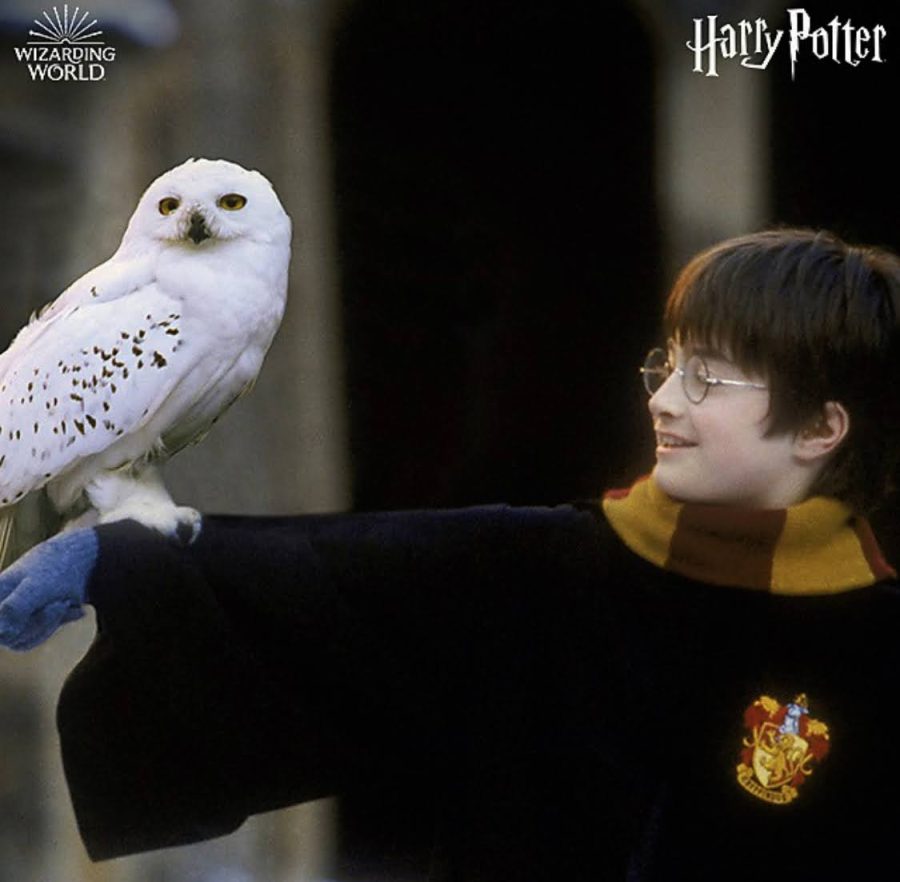After years of being away from Middle-Earth, Peter Jackson has returned to it with the dense anthology to The Lord of the Rings with The Hobbit: An Unexpected Journey; both works written by geek-god J.R.R. Tolkien. After so many years of waiting for this film because of director changes (Guillermo del Toro was originally supposed to direct), it has finally arrived, and it was well worth the wait.
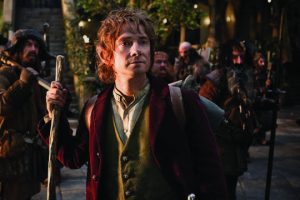
The film, just like The Lord of the Rings, follows a hobbit who may have bitten off more than he can chew. However, this time the movie follows Frodo’s uncle Bilbo, as we see the adventures he had in his youth that are merely teased at in the Lord of the Rings movies. Another similarity is that this hobbit is joined by a band of traveling companions, this time made up exclusively of 12 dwarves and the wizard Gandalf, played once again by Ian McKellen. McKellen brings back the same gravitas, nobility and ability to get his friends out of tight situations. He also brings back his patented strategy of survival: running away.
The movie follows the beginning of the party’s quest to take back their former kingdom of Erebor from the dragon Smaug. The dwarves are entertaining enough, but the real star is Richard Armitage who plays Thorin, the rightful king of Erebor. But the actor who shines through the most is Martin Freeman playing Bilbo Baggins. Freeman brings humor, vulnerability, and sensibility that liven up the movie, as he not only makes the character enjoyable to watch, but relatable as he is supposed to represent ourselves.
The script is penned once again by Jackson and his writing partner/wife Fran Walsh, and they have delivered a rich narrative that goes beyond the story of The Hobbit. After writing Lord of the Rings, Tolkien went back and added footnotes to The Hobbit to tie both books together better, and these notes are found at the end of the Return of the King novel. Jackson and Walsh have integrated these notes into the plot so as to beef up the story and give Lord of the Rings fans many winks and nods to the trilogy. Another returning champion to the franchise is Howard Shore composing the original score, and Shore delivers once again with an adventurous and bombastic score. Andy Serkis once again steals the movie, though he is only in it for a short time, as Gollum.
Where the movie went wrong was with its over-zealous use of computer animation. In the Lord of the Rings, a lot of this technology wasn’t available yet, so instead Jackson was forced to use practical sets, actors and miniatures for giant cities. In The Hobbit, Jackson has done away with these practical sets, and it really gives the movie less human feeling, as at times it feels more like you’re watching a video game than a movie.
Be warned, this movie isn’t too similar to the Lord of the Rings. Instead of the grandiose, epic nature of the original trilogy, this movie is much more adventurous and light. But that’s how Tolkien wrote the novel originally, and that tone is translated perfectly in the film. The Hobbit delivers with many of the amazing things that made Jackson’s first trip to Middle-Earth so memorable, and I’m thrilled that he’s taken us back there again.



